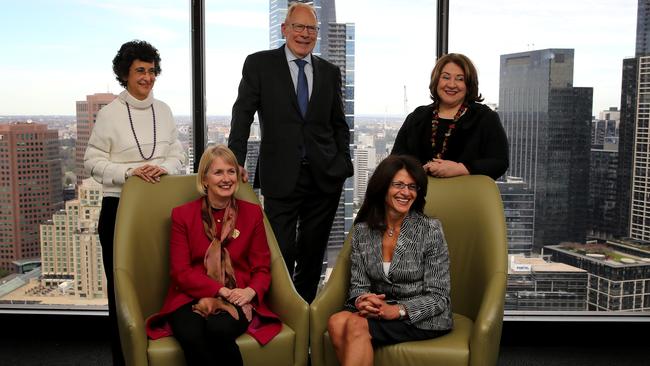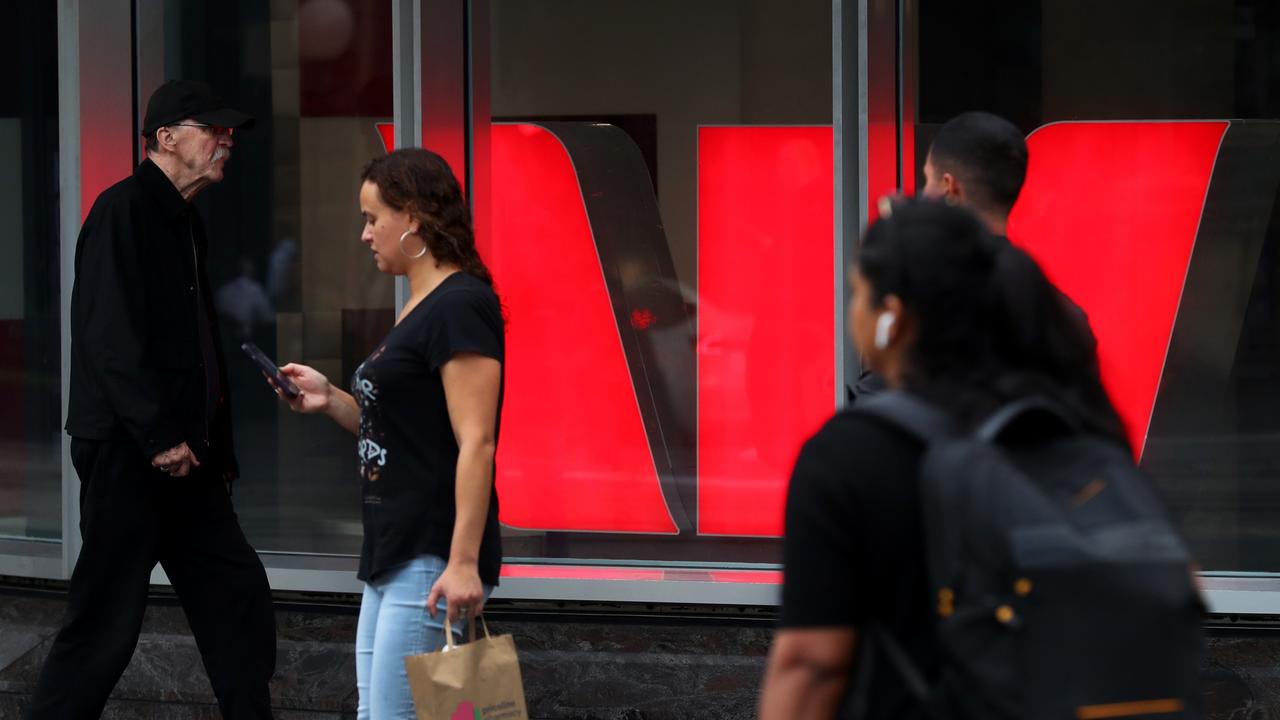Directors demand energy policy certainty
Top company directors have demanded immediate bipartisan policy certainty to allow energy investment.

The nation’s top company directors have demanded immediate bipartisan policy certainty to allow Australia’s stretched energy sector to invest in a range of technologies, to maintain retail and business supplies for the coming decades.
In a roundtable forum with The Australian hosted by the Australian Institute of Company Directors, AICD deputy chairman Gene Tilbrook — who is also a director of oil and gas exporter Woodside and explosives maker Orica — said the nation needed a “smart power” solution for the future that tapped a variety of different energy sources.
“Australia has a glaring need for well-delivered and smart power generation and energy sources. And the roadblock to that is that there isn’t a clear framework for those organisations to operate,’’ he told the forum. Mr Tilbrook was also formerly the long-serving finance director at Wesfarmers.
“It needs to be smartly designed and configured. We won’t get the smart power and energy network without a framework that lets organisations plan and invest and operate for the next 50 years.”
His comments came as the Australian Industry Group’s Performance of Manufacturing Index, released yesterday, showed that growth in Australia’s manufacturing sector slowed in September as high energy prices continued to put pressure on profits.
After reaching a 15-year high in August, the index fell by 5.6 points to 54.2 points in September.
While it was the 12th straight month of expansion for the manufacturing sector, Ai chief executive Innes Willox said all manufacturers remained concerned about the impact of energy and gas prices on their bottom line.
The federal government last week secured a commitment from Queensland gas exporters to guarantee domestic supply for east coast retail and business customers for the next two years.
But those in NSW and Victoria will pay 11 per cent more than those in Queensland due to the cost of piping gas south.
Industry and government representatives will meet again today to clarify the supply situation for 2019 and, while the government has relaxed its previous threat to curb LNG exports to meet domestic supply, it reserves the right to impose the draconian restriction.
Over the past six weeks, Australia’s largest energy users — from packaging and brick makers to supermarkets, soft drink bottlers and poultry producers — have all warned that hundreds of millions of dollars in additional energy costs will be passed on to consumers.
Citi has previously claimed soaring electricity and gas prices will cut 5-14 per cent from pre-tax profits at a range of companies over the next year.
It said the timing of the hit would depend on when long-term contracts used by major companies would roll off, exposing them to new supply and price conditions.
Macquarie Atlas Roads chairman Nora Scheinkestel, who is also a director of Telstra, Stockland and AusNet Services, said it was “vital” to secure bipartisan support for the recommendations of the Finkel review into the nation’s energy market.
“In the energy sector it is impossible at the moment for people to invest sensibly. So they may invest but it may turn out to be a very expensive proposition. It is very hard to invest without having policy clarity and certainty,” she told the AICD forum.
“Get bipartisan support of the Finkel recommendations and then you will have timely and efficient investment that will lead to significantly improved outcomes from retail all the way through to business.”
In his report, chief scientist Alan Finkel found a clean energy target was the best way to meet Australia’s emission reduction targets at the lowest possible cost. However, former Prime Minister Tony Abbott has recently led a backbench revolt against a target becoming government policy.
Perpetual and Regis Healthcare director Sylvia Falzon told the forum it was “a tragedy that business gets held back because of energy costs”.
“If you think of all the things business has to deal with and all the competing forces, to think that a deal-breaker is energy. What other commodity is in such abundance yet it doesn’t get made more available and cheaper?” she said.
Katherine Woodthorpe, who is a director of the Australian Renewable Energy Agency, told the forum energy costs were “major disrupters” for Australia.
“With labour as a proportion of your cost of goods globally getting lower, as energy gets higher for Australia, that is a real dilemma. In an energy-wealthy country we are becoming dependent on high energy prices that are really hammering our manufacturing industry,” she said.
While recent ABS and Treasury data has shown big business is finally planning to plough more of its profits back into investment in preference to handing back dividends to investors over the next 12 months, Mr Tilbrook said he was wary of being too optimistic about corporate capital expenditure plans.
“I would be surprised if overall we see a net meaningful increase over the next 12 months. We still have some trailing effects ... While there are some positive signs, I have a sense it will take longer to get a meaningful trend,” he said.
Ms Scheinkestel said in some areas a lack of clarity and policy certainty had been an impediment to investment, which needed to be “sorted out”.
But she also called for investors to be more prepared to support companies who were prepared to invest in growth opportunities. “Really good capital discipline, I think, is vital. Equally it would help if the markets got more comfortable with the notion of active capital management. So if I return to shareholders when there is no immediate need but when there is a really good investment proposition that is available, to be tolerant of capital raisings,’’ she said.
“And with a longer-term perspective, investors want growth. But quite often growth will require short-term yield decretion even if it is long-term accretive.’’
QBE director Kathleen Bailey-Lord said investment by big business had not “stopped in recent years’’ as some had suggested.
“It is an issue of balance and competing priorities and pressures to find the right balance in terms of using capital smartly.”





To join the conversation, please log in. Don't have an account? Register
Join the conversation, you are commenting as Logout